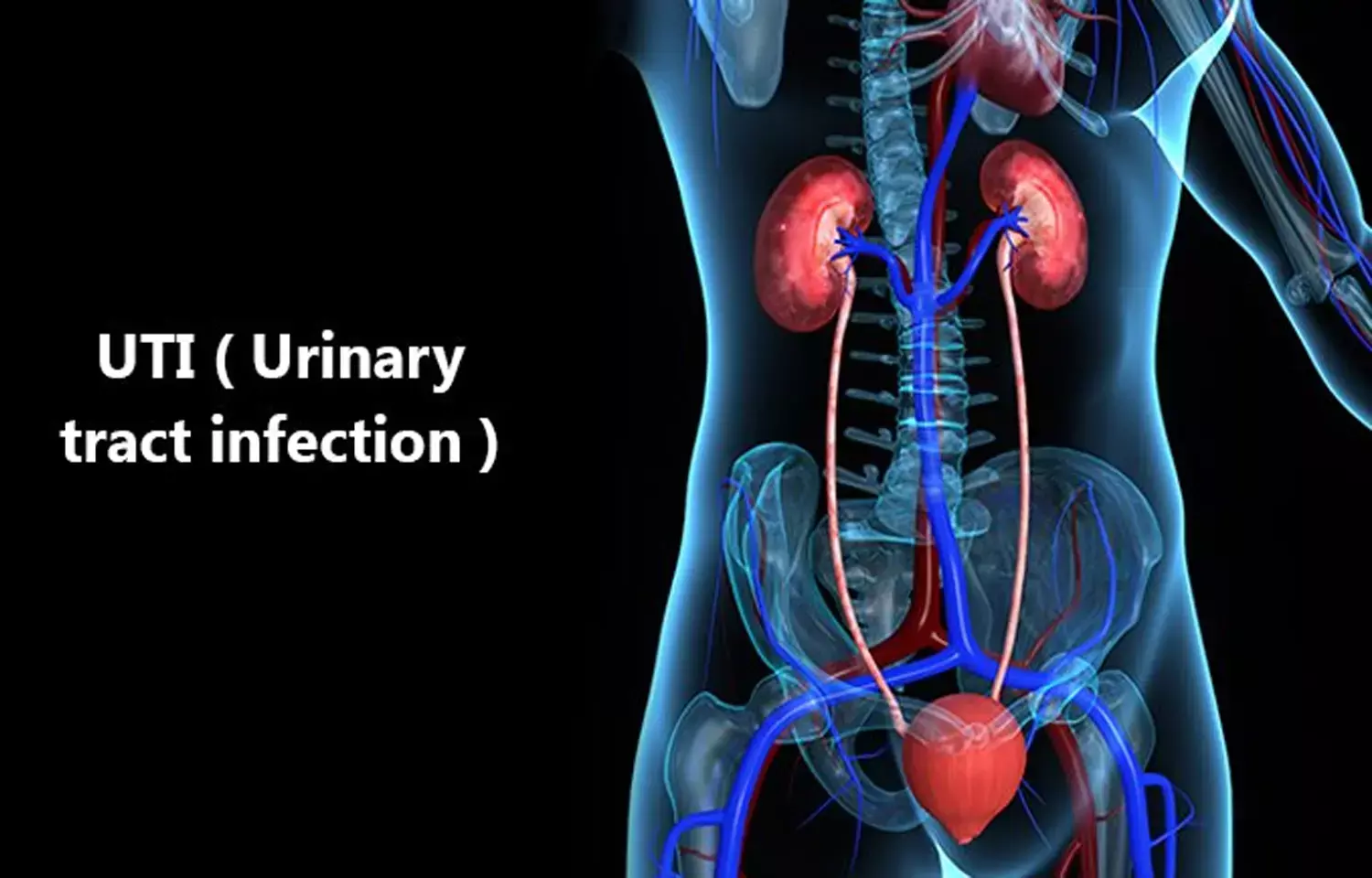- Home
- Medical news & Guidelines
- Anesthesiology
- Cardiology and CTVS
- Critical Care
- Dentistry
- Dermatology
- Diabetes and Endocrinology
- ENT
- Gastroenterology
- Medicine
- Nephrology
- Neurology
- Obstretics-Gynaecology
- Oncology
- Ophthalmology
- Orthopaedics
- Pediatrics-Neonatology
- Psychiatry
- Pulmonology
- Radiology
- Surgery
- Urology
- Laboratory Medicine
- Diet
- Nursing
- Paramedical
- Physiotherapy
- Health news
- Fact Check
- Bone Health Fact Check
- Brain Health Fact Check
- Cancer Related Fact Check
- Child Care Fact Check
- Dental and oral health fact check
- Diabetes and metabolic health fact check
- Diet and Nutrition Fact Check
- Eye and ENT Care Fact Check
- Fitness fact check
- Gut health fact check
- Heart health fact check
- Kidney health fact check
- Medical education fact check
- Men's health fact check
- Respiratory fact check
- Skin and hair care fact check
- Vaccine and Immunization fact check
- Women's health fact check
- AYUSH
- State News
- Andaman and Nicobar Islands
- Andhra Pradesh
- Arunachal Pradesh
- Assam
- Bihar
- Chandigarh
- Chattisgarh
- Dadra and Nagar Haveli
- Daman and Diu
- Delhi
- Goa
- Gujarat
- Haryana
- Himachal Pradesh
- Jammu & Kashmir
- Jharkhand
- Karnataka
- Kerala
- Ladakh
- Lakshadweep
- Madhya Pradesh
- Maharashtra
- Manipur
- Meghalaya
- Mizoram
- Nagaland
- Odisha
- Puducherry
- Punjab
- Rajasthan
- Sikkim
- Tamil Nadu
- Telangana
- Tripura
- Uttar Pradesh
- Uttrakhand
- West Bengal
- Medical Education
- Industry
New antibiotics as good as carbapenems for treatment of complicated UTIs: Study

Australia: New antibiotics are similar to carbapenems in terms of safety and clinical response for the treatment of complicated urinary tract infections (cUTIs), according to a recent study published in the journal Open Forum Infectious Diseases. But neww antibiotic treatments showed a superior microbiological response compared to carbapenems.
This systematic review and meta-analysis by Yukiko Ezure, University of Queensland, UQ Centre for Clinical Research, Brisbane, Australia, and colleagues evaluated the clinical efficacy and safety of carbapenems for the treatment of cUTIs with the comparators being new antibiotics evaluated for this indication.
The researchers searched 13 electronical databases for published randomised controlled trials (RCTs) and completed and/or ongoing trials. The search terms were developed by using the PICOS framework.
Key findings of the study include:
- Pooled efficacy estimates of composite cure (clinical success and microbiological eradication) favour the new antibiotic groups, although this is not statistically significant [risk ratio (RR)=0.91].
- A pooled estimate examining clinical response alone showed no difference between treatment arms (RR=1.00), however, new antibiotic treatments were superior to carbapenems for microbiological response (RR=0.85).
- New antibiotic treatments demonstrated a superior microbiological response compared to carbapenems in clinical trials of cUTI, despite an absence of carbapenem resistance.
"We feel it is likely that drugs with antianaerobic activity, like carbapenems, have a deleterious effect on the vaginal flora. This may predispose a patient to microbiologic recurrence," Ezure said. "This effect of antibiotics on the vaginal microbiome needs to be prospectively evaluated to determine if its significance extends to other drugs which act on the anaerobic flora, including amoxicillin/clavulanate and piperacillin/tazobactam."
"New antibiotic treatments demonstrated a superior microbiological response compared to carbapenems in clinical trials of cUTI, despite an absence of carbapenem resistance. However, it is noteworthy that the clinical response and safety profile of new antibiotics were not different from carbapenems," concluded the authors.
"Efficacy and safety of carbapenems versus new antibiotics for treatment of adult patients with complicated urinary tract infections: A systematic review and meta-analysis," is published in the journal Open Forum Infectious Diseases.
DOI: https://academic.oup.com/ofid/advance-article/doi/10.1093/ofid/ofaa480/5920690
Dr Kamal Kant Kohli-MBBS, DTCD- a chest specialist with more than 30 years of practice and a flair for writing clinical articles, Dr Kamal Kant Kohli joined Medical Dialogues as a Chief Editor of Medical News. Besides writing articles, as an editor, he proofreads and verifies all the medical content published on Medical Dialogues including those coming from journals, studies,medical conferences,guidelines etc. Email: drkohli@medicaldialogues.in. Contact no. 011-43720751


